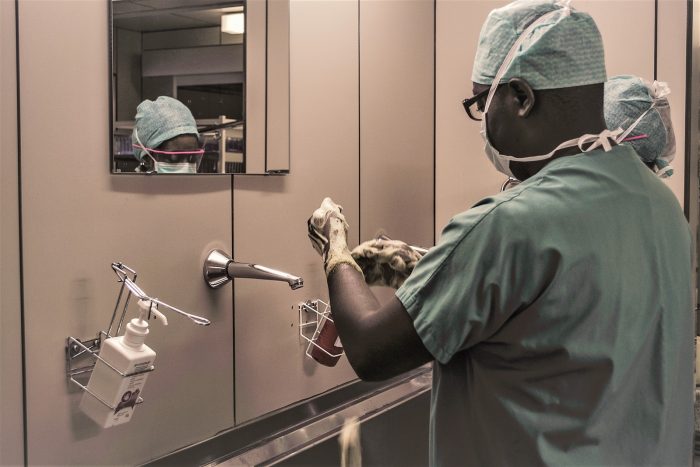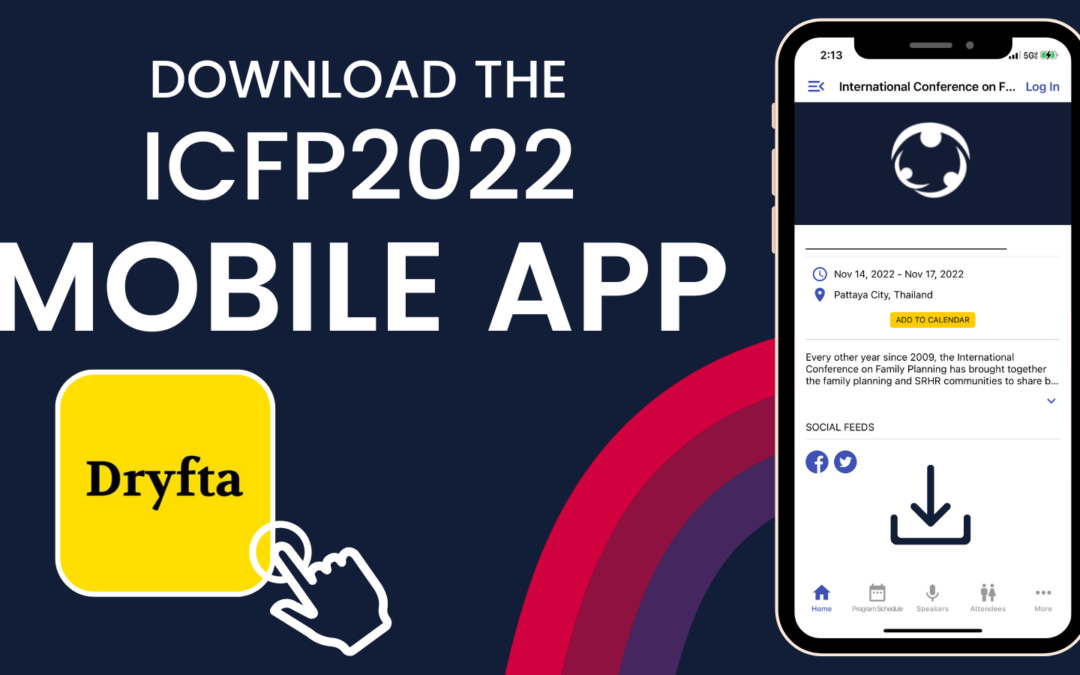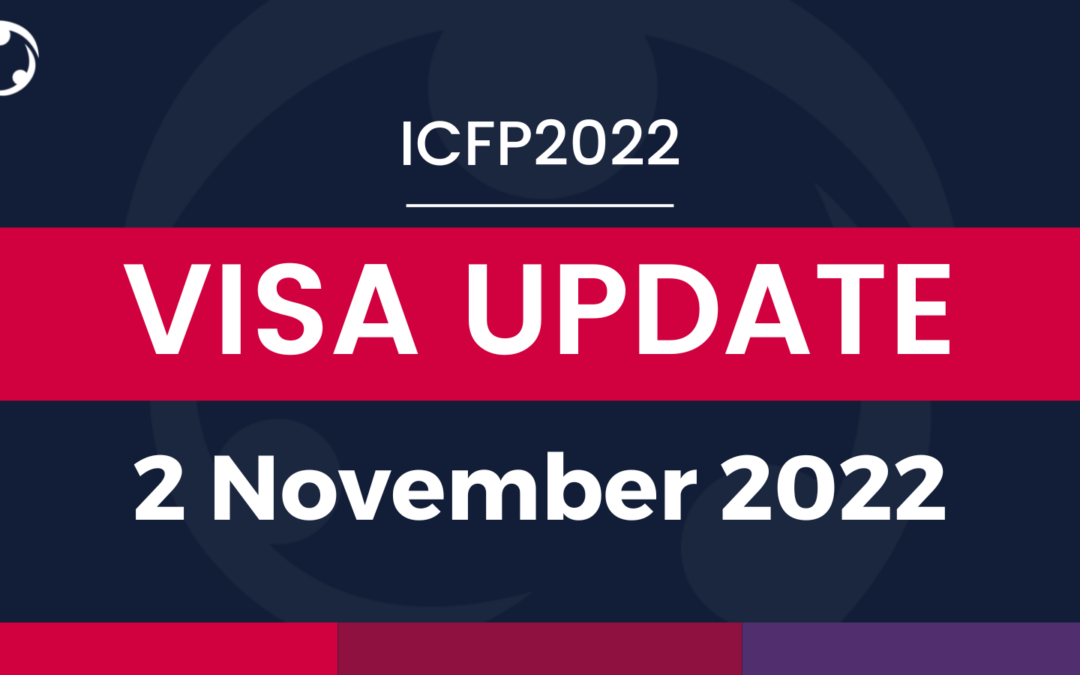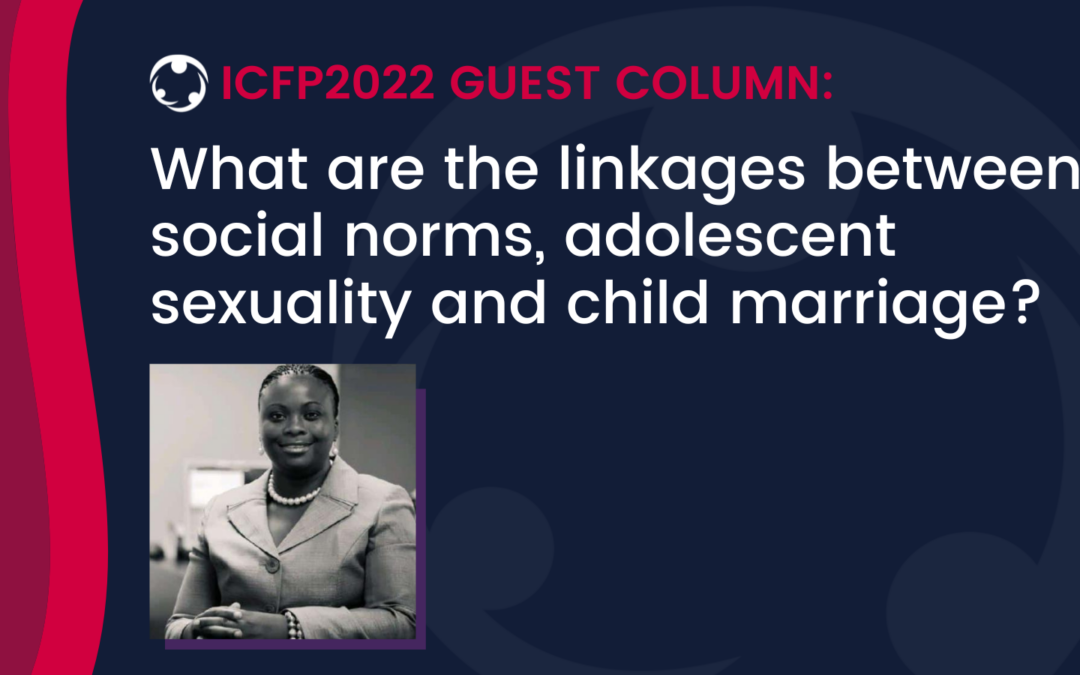By EngenderHealth. Originally published on EngenderHealth.org.
EngenderHealth published Guidance for Ensuring Quality Sexual and Reproductive Health (SRH) Service Provision during the COVID-19 Pandemic, offering different sets of recommendations specifically designed for health facilities and facility managers and for providers, to ensure they can “continue to lead SRHR programming around the world amid the pandemic.” The guidance also provides recommendations tailored for clients. EngenderHealth clinical and program teams will use this guidance in working with partners to ensure SRH services continue to meet the needs of the community even as the pandemic forces shifts in how service providers interact with clients.
Some of the top recommendations include:
For Facilities and Facility Managers
- Establish procedures (including isolation and quarantine) for staff who may be exposed to and/or experiencing COVID-19 symptoms.
- Provide soap and water or hand sanitizer stations at the facility entrance for all who enter.
- Set up chairs or mark seats and standing areas to allow clients to maintain a distance of at least two meters (six feet) between one another. Use masking tape to mark these distances, as appropriate. Determine and clearly mark areas where overflow clients can wait to ensure recommended distancing.
For Providers
- Providers should consider prioritizing use of medical abortion (MA) to reduce client time in facilities (in support of social distancing); to reduce procedures to preserve PPE; and to reduce reliance on surgical equipment (e.g., manual vacuum aspiration equipment), where possible.
- Providers should also emphasize the benefits of long-acting reversible contraception specifically in the context of the pandemic, where access to contraceptive supplies may be limited (e.g., due to commodity supply reductions related to manufacturing and transport challenges and travel restrictions that may prevent clients from accessing resupply of short-acting methods).
- Recognizing that the availability of contraceptive commodities may be diminished and the available method mix therefore reduced—due to commodity manufacturing reductions and transport restrictions—providers should be prepared to modify family planning counseling services to reorient clients to alternate methods (i.e., those different from a client’s current method). For example, providers may need to increase counseling services in fertility awareness methods (such as the standard days method) and emergency contraception. Note, this may require undergoing refresher trainings in these methods.
The complete Guidance for Ensuring Quality Sexual and Reproductive Health (SRH) Service Provision during the COVID-19 Pandemic is available here as a PDF download.






